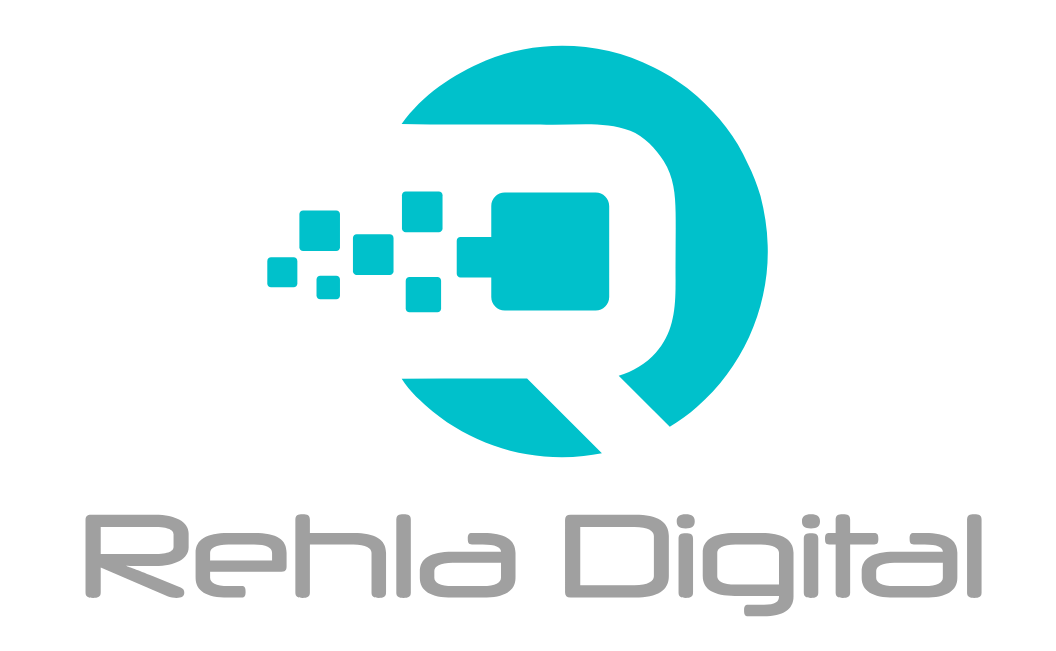Do Headlines matter when it comes to META reach or SEO boost?
To be blunt and just answer the question, yes it does play a crucial role in both not only does it captivate audience and drive traffic but the more people engage with it, the more META recognizes your blog, your website and directs other users to check it out as they search related keywords. Which basically pushes the SEO automatically and starts moving forward hand in hand.
Lets Take a detailed tour to why it matters and how it affects over all reach and insight drive shall we?
Headlines are one of the most critical elements in digital content, impacting both META reach and SEO performance. A compelling headline not only grabs the attention of your audience but also plays a pivotal role in how your content is perceived and ranked by search engines. This article delves into why headlines matter and how they can enhance your META reach and SEO efforts.
The Role of Headlines in META Reach
1. Capturing Attention: Headlines are often the first thing users see when scrolling through their social media feeds. A well-crafted headline can stop them in their tracks and compel them to click on your content. The more engaging and relevant your headline, the higher the chances of your content being shared, liked, and commented on, thereby increasing your META reach.
2. Enhancing Click-Through Rates (CTR): A strong headline can significantly improve your click-through rates. On platforms like Facebook, Instagram, and Twitter, where algorithms favor content with higher engagement, a higher CTR can lead to your posts being shown to a broader audience.
3. Boosting Engagement: Engaging headlines not only attract clicks but also encourage interactions such as likes, shares, and comments. These interactions signal to the platform’s algorithm that your content is valuable, further boosting its reach.

The Role of Headlines in SEO
1. Keyword Optimization: Headlines are a crucial element for SEO because they are one of the first things search engines analyze to determine the relevance of your content. Including targeted keywords in your headline can help search engines understand what your content is about, improving its chances of ranking for those keywords.
2. Improving User Experience: A clear and informative headline helps users quickly understand what your content is about. This can reduce bounce rates, as users are more likely to stay on a page that meets their expectations. Lower bounce rates are a positive signal to search engines, which can improve your overall SEO performance.
3. Enhancing Social Signals: When your content is shared on social media platforms, the headline is often the most prominent text displayed. Engaging headlines can lead to more shares, likes, and comments, which are considered social signals. These signals are increasingly being taken into account by search engines as a measure of content quality and relevance.
4. Structured Data and Rich Snippets: Using structured data markup, such as schema.org, in your headlines can enhance how your content appears in search results. Rich snippets, which include additional information like ratings, images, and publication dates, can make your search listing more attractive, potentially increasing your click-through rates.
Crafting effective headlines
This is essential for maximizing both META reach and SEO benefits. To start, be clear and concise in your headlines, ensuring they convey the main idea of your content without jargon. Use simple, straightforward language that your audience can easily understand. Including relevant keywords naturally in your headline helps search engines grasp the topic of your content, improving your chances of ranking higher. Additionally, using power words that evoke strong emotions or curiosity, such as “ultimate,” “essential,” “proven,” and “secret,” can make your headlines more compelling and attractive to readers.

Another effective strategy is to ask questions in your headlines, which can intrigue readers and encourage them to click to find the answer. For instance, a question like “Are You Making These Common SEO Mistakes?” can generate interest. Creating a sense of urgency with phrases like “limited time” or “don’t miss out” can prompt immediate action from your audience. Finally, regularly testing different headlines through A/B testing and analyzing metrics such as click-through rates and engagement can help you optimize your headline strategy over time.
Headlines are more than just the first impression of your content; they are a powerful tool for boosting both META reach and SEO performance. By crafting headlines that are clear, engaging, and optimized for keywords, you can enhance your visibility on social media platforms and search engines, driving more traffic and engagement to your content.
-written by Farhat Rumaanah

